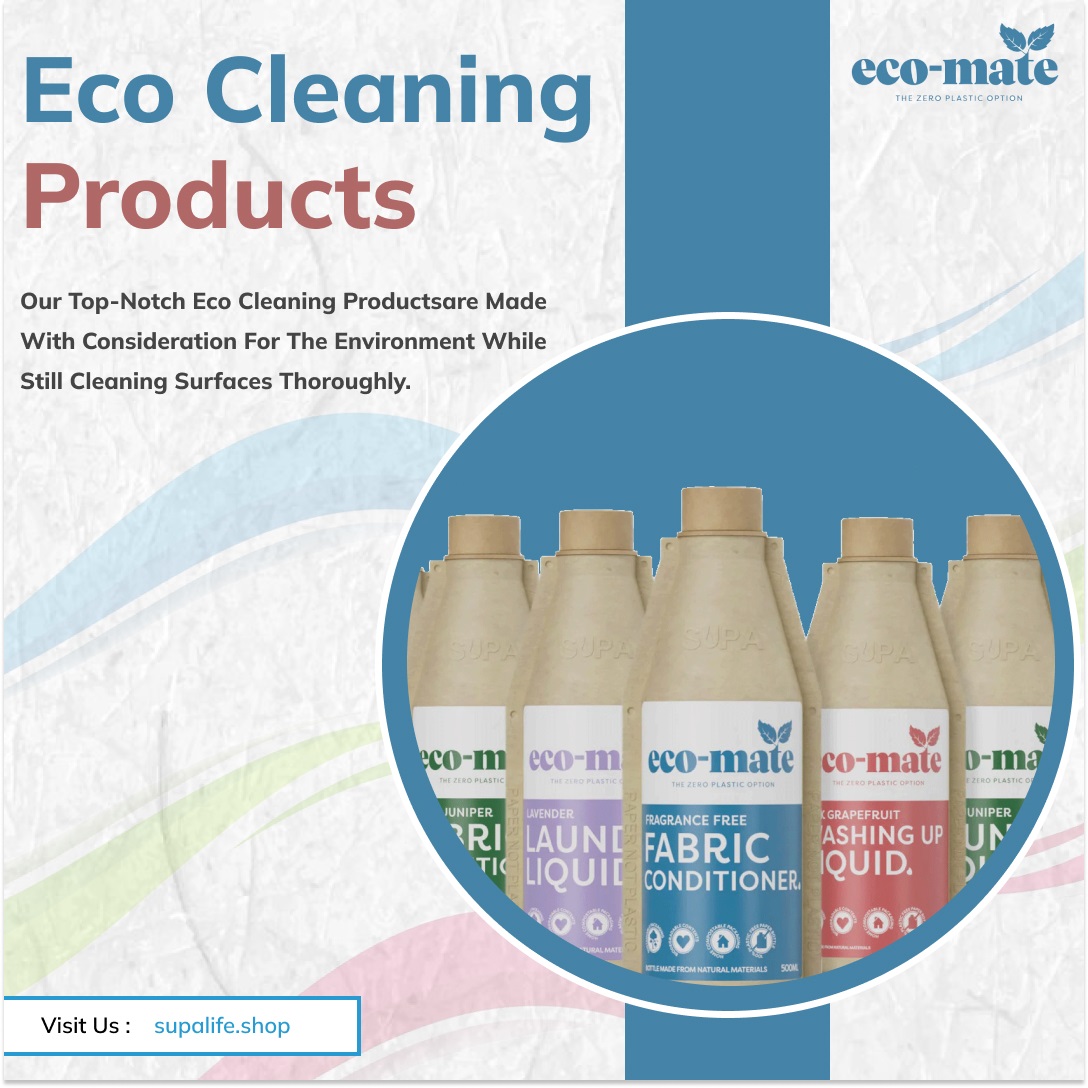In the fight against plastic pollution, innovation is key. One promising solution gaining traction is the paper bottle, an eco-friendly alternative to traditional plastic bottles. Made from renewable and biodegradable materials, paper bottles offer a glimpse of a more sustainable future for packaging.
Rise of the Paper Bottle: Addressing a Global Issue
Plastic pollution has become a global crisis, with millions of tons of plastic ending up in landfills and oceans each year. This has devastating consequences for the environment and wildlife. Traditional plastic bottles, often made from polyethylene terephthalate (PET), can take hundreds of years to decompose, releasing harmful chemicals into the environment and posing a threat to marine life.
Paper bottles emerge as a potential answer to this growing problem. Unlike their plastic counterparts, they are crafted from cellulose, a natural polymer found in wood pulp. This makes them significantly more sustainable, as they are:
· Renewable: Trees, the primary source of paper bottle material, are a renewable resource that can be replanted and harvested sustainably.
· Biodegradable: Paper bottles can decompose naturally in a matter of weeks or months under the right conditions, unlike plastic, which can persist for centuries.
· Recyclable: Paper bottles can be recycled alongside other paper products, further reducing their environmental footprint.
Beyond Sustainability: Benefits of Paper Bottles
While environmental benefits are a major driver, paper bottles offer other advantages:
· Lightweight: Paper bottles are lighter than glass bottles, making them easier to transport and reducing their carbon footprint during transportation.
· Design Flexibility: Paper allows for greater design freedom compared to plastic. Brands can utilize unique shapes, textures, and printing options to create visually appealing and brand-specific packaging.
· Consumer Appeal: Consumers are increasingly seeking sustainable products, and paper bottles cater to this growing demand. Their eco-friendly nature resonates with environmentally conscious consumers, potentially boosting brand image and product appeal.
Challenges and the Road Ahead
Despite their promising potential, paper bottles still face some challenges:
· Cost: Currently, paper bottles are generally more expensive to produce than plastic bottles due to the development of new technologies and production processes.
· Barrier Technology: Paper is naturally porous, so a barrier layer is needed to prevent the contents from leaking or spoiling. This barrier is often made from non-biodegradable materials, which negates some of the environmental benefits. However, research and development are ongoing to create fully biodegradable barrier solutions.
· Strength and Durability: While paper bottles are constantly improving, they may not yet be as strong and durable as plastic bottles, especially for carbonated beverages or products requiring high pressure sterilization.
These challenges highlight the need for continued research and development to improve production efficiency, create fully biodegradable barrier materials, and enhance the strength and functionality of paper bottles.
Embracing Innovation: The Future of Paper Bottles
Despite the challenges, the paper bottle industry is witnessing significant growth and investment. Several companies are at the forefront of this innovation, developing and refining their paper bottle technology.
· Paboco: This company uses a proprietary molding technology to create paper bottles with a thin plastic barrier layer. Their bottles are already commercially available for some products.
· The Paper Bottle Company: This company utilizes a unique blend of bamboo and sugarcane fibers to create a rigid outer shell and is working towards a fully biodegradable barrier layer.
· Loop: This company focuses on reusable packaging solutions, including paper bottles with a reusable inner liner.
These advancements, coupled with growing consumer awareness and industry adoption, indicate a promising future for paper bottles. As the technology matures and production costs decrease, paper bottles have the potential to become a mainstream replacement for plastic bottles, contributing significantly to a more sustainable future.





Comments